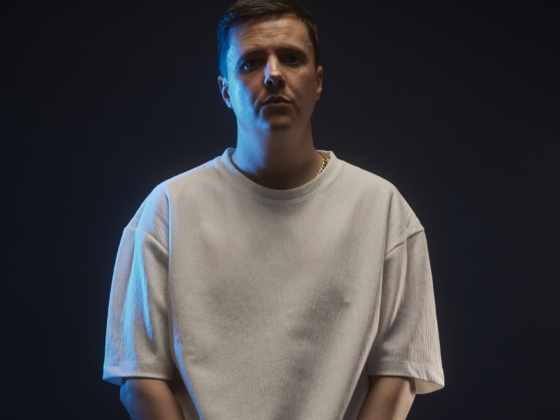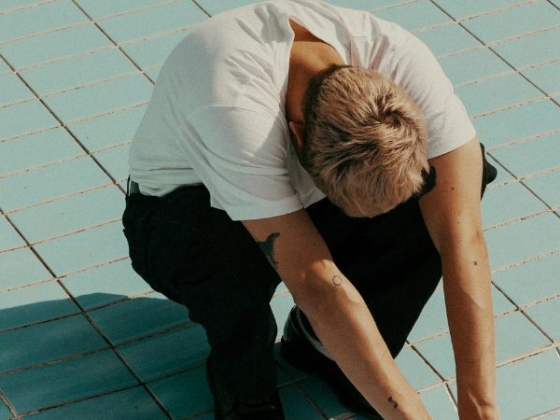Rising electronic producer KILLMATTER has unveiled "Balenciaga Barbie," the lead single from Marshmello's new compilation series Marshmello Presents: 10 Years of Joytime – Jumpstart Vol. 1. The track launches the next era of Joytime Collective, introducing a new generation of electronic artists pushing sonic boundaries.
"Balenciaga Barbie" fuses breakbeat energy with experimental club futurism, distilling Miami nightlife into a high-octane, bass-forward statement. The genre-blending approach reflects KILLMATTER's artistic philosophy of crossing traditional electronic music borders.
"I was driven to make something fast-paced to resemble the lifestyle in Miami while still captivating the trap sound," KILLMATTER explains. "I think the world needs more crossovers and blending of genres."
Born in New York City and raised in Florida, KILLMATTER has quickly established himself as a notable voice in the electronic underground. His sound draws from diverse influences including Skrillex, Joyryde, Noisia, and Nitepunk, creating a unique fusion of cinematic storytelling with distorted basslines and self-performed vocals.
This distinctive approach was showcased on his breakout 2024 debut EP Don't eat the fruit, featuring tracks like "Cowboyghost 3024" and "Percocet freemason." His productions blur the line between chaos and control, transforming emotional unrest into club-ready anthems.
The Jumpstart Vol. 1 compilation represents Joytime Collective's commitment to spotlighting boundary-pushing artists while celebrating the label's decade-long legacy. Founded by Marshmello in 2015, Joytime Collective has been home to massive releases including "Happier" with Bastille, "Silence" with Khalid, and "Here with me" with CHVRCHES.
After nearly a decade of genre-defying exploration, Marshmello is returning to his roots in trap and bass with this new series. Alongside previously unreleased vault material from Marshmello, the compilation introduces fresh voices like KILLMATTER as the label's sound continues evolving.
"Balenciaga Barbie" is available now on all streaming platforms, marking an exciting new chapter for both KILLMATTER and Joytime Collective.
Connect with Joytime Collective: Instagram | TikTok | X | Spotify | YouTube | SoundCloud
Connect with Killmatter: Website | Instagram | TikTok | X | Facebook | YouTube | SoundCloud











